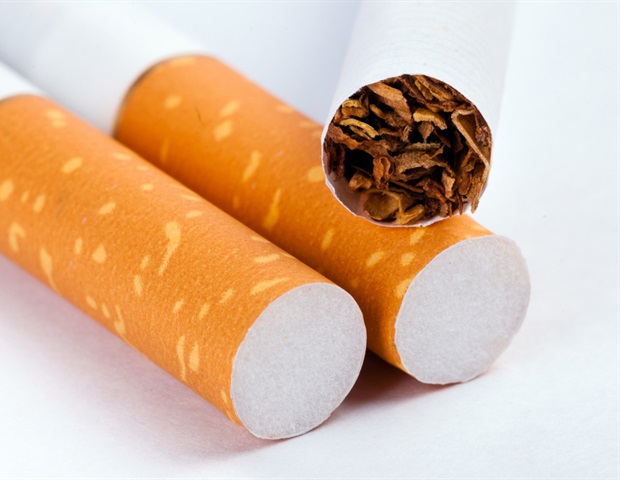Champions of Tobacco Control in the Americas Honored by WHO

Geneva, Switzerland – The World Health Organization (WHO) has announced the recipients of the prestigious World No Tobacco Day (WNTD) 2025 Awards, recognizing outstanding contributions to tobacco control across the Americas. During the 78th World Health Assembly in Geneva, individuals and organizations from Canada, Ecuador, Mexico, Peru, the United States, and Uruguay, alongside government agencies from Brazil, were celebrated for their impactful work.
These awards highlight the crucial role played by a diverse range of stakeholders in the fight against tobacco use. The WHO recognizes that effective tobacco control requires a multi-faceted approach, encompassing robust research, passionate activism, strong civil society engagement, and impactful journalism.
A Diverse Group of Honorees
Among the honorees are:
- Researchers: Contributing vital evidence to inform policy and public health interventions. Their work helps to understand the harms of tobacco and identify effective strategies for prevention and cessation.
- Activists: Dedicated individuals who tirelessly advocate for tobacco control policies and raise awareness about the dangers of tobacco use. Their efforts often involve grassroots mobilization and lobbying for change.
- Civil Society Organizations: Playing a critical role in implementing tobacco control programs, providing support to smokers who want to quit, and advocating for the rights of non-smokers.
- Journalism Organizations: Bringing crucial attention to the issue of tobacco control through investigative reporting, public awareness campaigns, and storytelling that exposes the industry's tactics and the devastating impact of tobacco use.
- Government Agencies (Brazil): Demonstrating commitment to implementing and enforcing evidence-based tobacco control policies, protecting public health, and reducing the burden of tobacco-related diseases.
Why Tobacco Control Matters
Tobacco use remains a leading cause of preventable death and disease globally. The WHO estimates that tobacco claims over 8 million lives each year, with more than 7 million of these deaths being the result of direct tobacco use and around 1.2 million being the result of secondhand smoke exposure. The economic costs associated with tobacco-related illnesses are also substantial, placing a significant strain on healthcare systems and national economies.
The WNTD Awards serve as a powerful reminder of the progress being made in the fight against tobacco and the importance of continued efforts to protect public health. The WHO encourages all stakeholders to build on these successes and work together to create a tobacco-free future for all.
Looking Ahead
The WHO’s Framework Convention on Tobacco Control (FCTC) provides a comprehensive legal framework for tobacco control. The organization urges all countries to ratify and fully implement the FCTC to achieve the Sustainable Development Goals related to health and well-being. By recognizing and celebrating the work of these champions, the WHO aims to inspire further action and accelerate the global effort to reduce tobacco use and its devastating consequences.





